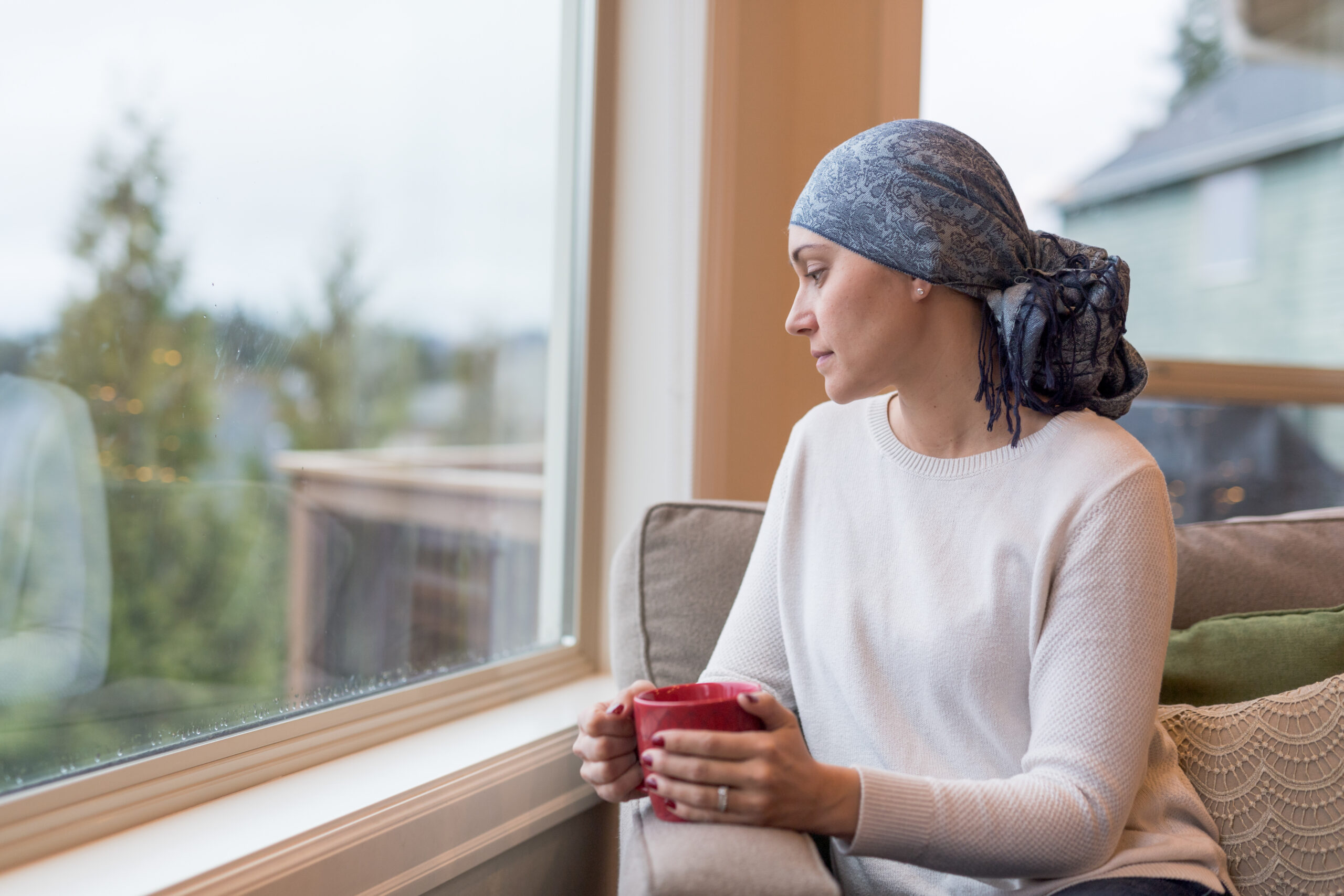As a young adult, you’re likely not thinking about the possibility of contracting a serious disease like cancer. You’re probably busying juggling responsibilities with your friends, family and career. Unfortunately, a certain kind of cancer is now occurring at an alarming rate in adults under the age of 50.
Colorectal cancer on the rise
A startling new American Cancer Society report about colorectal cancer should sound a wake-up call to all young adults to engage in preventative health behaviors. According to the report, colorectal cancer has now become the leading cause of cancer death in men and second-leading cause in women (behind breast cancer) among adults younger than 50. In the late 1990s, it ranked fourth in both men and women in the same age category. The report also projects that there will be about two million new cancer cases in the U.S. this year – about 5,000 diagnoses each day.
Some good news: Overall, the number of people dying from cancer in the U.S. continues to decline, largely due to healthier lifestyle habits, early screening and detection, and better treatments like immunotherapies. However, the incidence rates for several types of cancer – breast, prostate, uterine corpus, pancreas, oropharynx, liver, kidney, melanoma, colorectal and cervical – remain on the rise, according to the report. Cancer deaths have continued to fall in the U.S. through 2021, leading to an overall drop of 33% since 1991.
The age rates of those diagnosed with colorectal cancer in particular have many doctors distressed, as they aren’t used to telling young people that they have cancer. Some factors known to increase risk of colorectal cancer are:
- Family history of the disease
- Genetic predisposition
- Overconsumption of alcohol
- Smoking habits
- Obesity
However, it is important to note that many young people diagnosed with colorectal cancer have excellent health profiles with a history of working out, healthy diets and no family history or genetic predisposition. This means many young adults may not anticipate developing cancer and consequently may neglect to take essential health precautions. Signs and symptoms of colorectal cancer include:
- Changes in bowel habits
- Rectal bleeding
- Blood in the stool
- Cramping or abdominal pain
- Weakness and fatigue
- Unexplained weight loss
Quick tip: If you have a family history of either cancer or polyps, experts recommend starting colonoscopy screening 10 to 15 years before the family member who had it was diagnosed.
Doctor Recommendations to Prevent Colorectal Cancer:
- Early detection is key, so get a colonoscopy at or before age 45, especially if you have a genetic predisposition
- Educate yourself on your family medical history
- Maintain a healthy weight
- Exercise and get your heart rate up
- Eat a balanced diet
The sooner you detect colorectal cancer, the better your chances of survival. Maxim Healthcare Services is a nationwide provider of home healthcare, personal and behavioral care services. To learn more about the services available near you, contact your local Maxim office.



